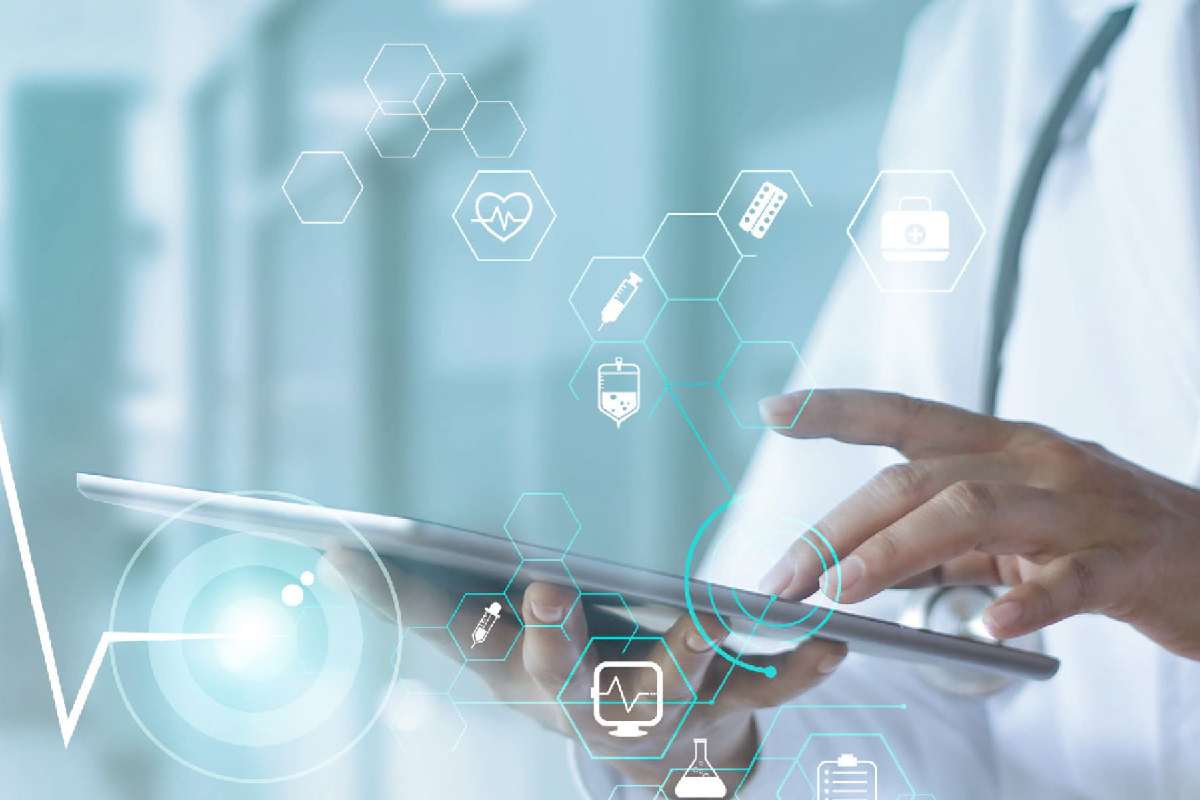At healthcare facilities across the spectrum, safeguarding medication security is of utmost importance for patient safety and regulatory compliance. Thanks to technological innovations, healthcare facilities now have access to an array of innovative solutions designed to increase medication security while mitigating the risks of unauthorized access. Medicine cabinet locks have proven especially valuable as an essential means for protecting medications in healthcare environments and controlling access.
1. Smart Medicine Cabinets
Smart medicine cabinets represent an exciting development in medication security within healthcare facilities. Equipped with sophisticated locking mechanisms – from electronic smart locks to biometric authentication and RFID access control features -, smart medicine cabinets represent an innovative method for strengthening security measures and are set apart as key pieces in improving security measures across facilities.
These cabinets utilize biometric authentication technologies such as fingerprint and iris scanning to allow only authorized personnel to access medications stored inside. Furthermore, RFID tracking enables accurate inventory control as well as real-time management of medication access – further increasing security protocols while streamlining medication management processes within healthcare facilities and optimizing workflow and patient safety. Together these advanced technologies enhance security protocols as well as streamline medication administration processes while optimizing workflow and guaranteeing patient safety.
2. Biometric Authentication Systems
Biometric authentication systems have ushered in an exciting era of medication security by providing reliable access control in healthcare facilities. Utilizing unique biometric identifiers like fingerprints or iris scans to accurately confirm user identity with high degrees of precision, biometric authentication systems complement medicine cabinet locks by decreasing risks related to unauthorized medication access and access issues.
Biometric authentication systems add another level of protection by requiring biometric verification for access. By restricting medication retrieval to authorized personnel only, healthcare facilities can increase medication security while keeping precise control over accessing sensitive medications. Not only are medications protected with this advanced level of security; but trust among patients and staff also strengthens, contributing towards creating a safer healthcare environment overall.
3. RFID Technology
RFID (Radio Frequency Identification) technology has quickly become the go-to method of medication security in healthcare facilities, with RFID readers and tags used to track medications in real-time for inventory control purposes as well as usage monitoring. By employing this cutting-edge solution, medical facilities can ensure accurate tracking from storage through administration to ensure timely medication shipments to patients.
Integrating RFID technology with medicine cabinet locks enhances security measures by giving administrators visibility into medication access and usage patterns, as well as user permission restrictions, medication movement tracking in real-time, timely restocking efforts, and decreased risks related to shortages or errors. RFID also facilitates proactive inventory management through timely replenishments while mitigating risks associated with shortages or errors.
4. Automated Dispensing Systems
Automated dispensing systems play an essential part in medication security by automating their storage and dispensation. Utilizing cutting-edge technology, automated dispensing systems utilize advanced features like user authentication and medication tracking to keep medications secure against errors or unapproved access. With such safeguards in place, automated dispensing systems significantly enhance medication security while decreasing risks related to errors or theft of prescriptions.
Healthcare facilities can protect against medication theft or misuse with automated dispensing systems integrated with medicine cabinet locks that provide seamless access for authorized users while simultaneously controlling inventory levels and improving efficiency and patient safety. Automated dispensing systems enhance healthcare facility operations while improving both efficiency and patient safety.
5. Remote Monitoring Solutions
Remote monitoring systems offer healthcare administrators an important advance in medication security within healthcare facilities. By giving healthcare administrators access to monitoring all medication storage areas from one centralized location, these solutions offer unparalleled visibility and control of medication security protocols. By harnessing remote monitoring technology healthcare facilities can quickly detect security incidents before responding in real time to them.
These systems feature an expansive set of features, including real-time alerts and access logs, that empower administrators to proactively address security incidents. By receiving instantaneous notification of any unwelcome entry or suspicious activity, healthcare facilities can respond swiftly and implement corrective actions against potential security breaches and implement corrective steps quickly.
Conclusion
Technology advancement has profoundly transformed medication security within healthcare facilities. Advancements like smart medicine cabinets, biometric authentication systems, RFID technology, automated dispensing systems, and remote monitoring solutions have transformed how medications are stored and accessed; as healthcare facilities prioritize patient safety and regulatory compliance measures such as medicine cabinet locks remain essential components in improving medication security; by capitalizing on cutting edge innovations healthcare facilities can leverage them further and ensure the wellbeing of both their patients and healthcare professionals alike.


